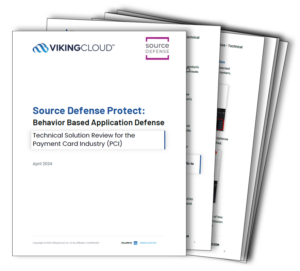
A VikingCloud Technical Solution Review for the Payment Card Industry (PCI)
Read what VikingCloud has to say about the Source Defense approach to eSkimming Security. As the pioneer in the field, Source Defense supports more than 1,000 of the world’s leading brands with a unique, prevention first, set-it and forget-it solution.




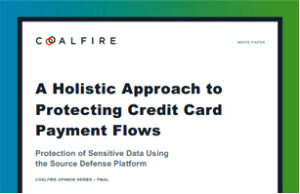
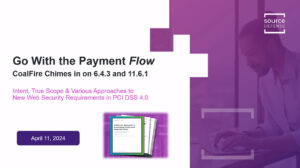
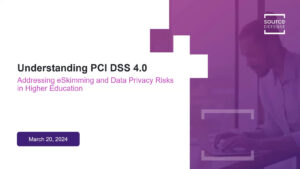
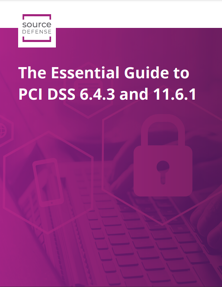 The Payment Card Industry (PCI) has given serious thought to payment page guidance in DSS v4.0. New sections including 6.4.3 and 11.6.1 indicate the seriousness of this problem.
The Payment Card Industry (PCI) has given serious thought to payment page guidance in DSS v4.0. New sections including 6.4.3 and 11.6.1 indicate the seriousness of this problem.